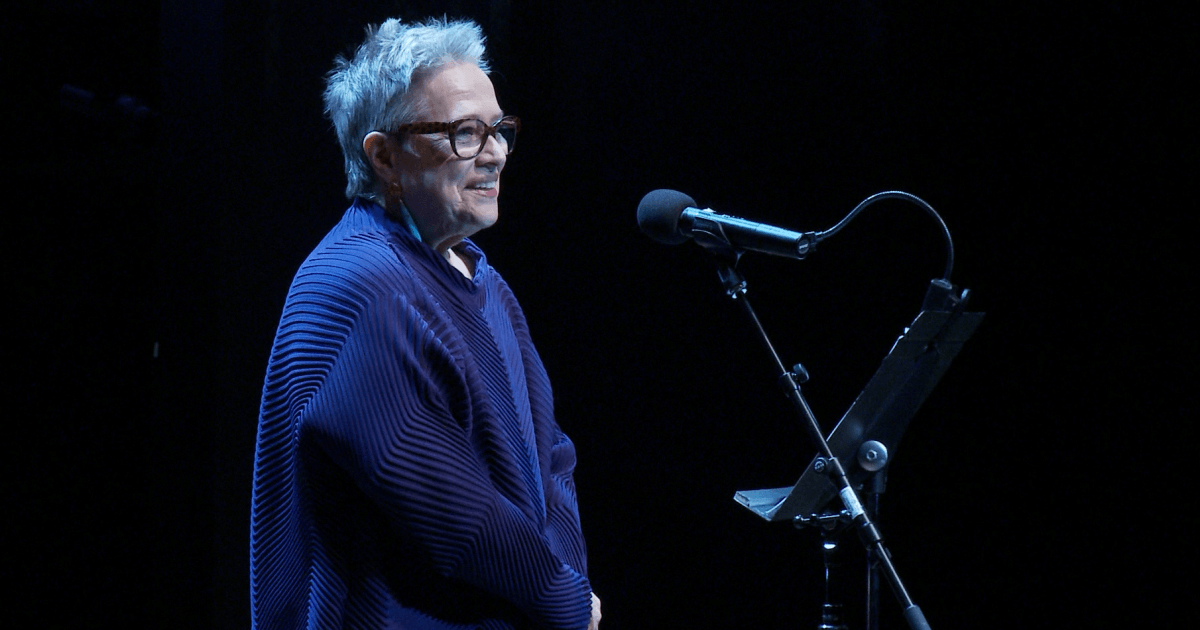(Photography: Howard Sherman)
Two-time Emmy award winner Kathy Bates, just nominated for a Golden Globe award — a best supporting actress nod for her work in Clint Eastwood’s “Richard Jewel,” out Friday — told SurvivorNet her career has continued even as she struggles with a painful condition called lymphedema.In an exclusive interview, the two-time cancer survivor, whose condition is a result of her surgery for breast cancer, opened up about her devastating diagnoses, and how she has persevered both in the entertainment industry and in the advocacy work she does with the Lymphatic Education & Research Network (LE&RN).
Work During Chemo
Read MoreAt the time, she was working on the movie "Little Black Book, with Brittany Murphy. "I needed the payday, I wanted to work with her," Bates said. But that meant being on set not only three mere weeks after having surgery for her cancer, but while receiving chemotherapy. RELATED: Why Is Ovarian Cancer Detected So Late?
Among other issues, she said, the treatment resulted in difficulties controlling her bowel movements.
"When you're on set you don't want to have to be running to the restroom every time, so that was really hard," Bates said. "I lost patience with people when things would be draggy. You really can't do that on a movie set because things are going to go at the pace they're going to go and yelling about it isn't going to help."
Embed from Getty Images
She also found post-chemo extremely difficult: "You come off of the steroids, and I just found that the hardest part," she said. "It was like detoxing. I was shaking, I couldn't talk, and I remember I had to go do a voiceover and it was just so, so difficult."
Bates ultimately beat her ovarian cancer, but then, in 2012, was diagnosed with stage 2 breast cancer. She underwent surgery to remove both her breasts — called a double mastectomy — as well as 19 of her lymph nodes, which is a common treatment method when breast cancer has spread beyond the breasts.
Bates’ Lymphedema after Breast Cancer
The lingering pain and challenges of removing those lymph nodes — referred to by the umbrella term, lymphedema — was incredibly difficult, Bates told SurvivorNet, describing it as almost worse than having her breasts removed.
"I was bitter, I was depressed," she shared. "I thought my career was over, I thought, 'There's no way, I'm done, everything is done.’"
Bates, whose career, of course, is thriving, is now cancer-free, But the lymphedema lingers. And the condition, said Bates, can make easy things difficult.
"I have to wear compression sleeves on the plane, and I have problems keeping my arms up to read books,” she shared. “I'm not supposed to lift things. … It's a stress and a strain."
Bates’ challenges with lymphedema precipitated her involvement with LE&RN, for which she is now a vocal spokesperson and advocate for better lymphedema treatments.
She has seen progress, but would like to see more.
"It's been an uphill climb and it still is, but researchers are making progress. … It's very exciting they think this is going to be the beginning in terms of finding better treatments,” Bates said.
"It's psychologically damaging,” she added. “[But] you need to stay in the moment and not define yourself by the disease."
Information About Lymphedema
Lymphedema, or chronic swelling, can occur after surgery and radiation treatment for breast cancer.
Dr. Dung Nguyen, Director of Breast Reconstruction at Stanford Medicine on lymphedema after breast cancer surgery
It’s not known which patients will develop the condition, but women who have many lymph nodes removed and/or radiation therapy are at a higher risk. Lymphedema can happen shortly after treatment or even years later. It’s critical that you monitor for swelling since detecting lymphedema early is key. While it can be uncomfortable and even painful — and as of yet there’s no cure — there are a number of ways to treat it.
Learn more about SurvivorNet's rigorous medical review process.


